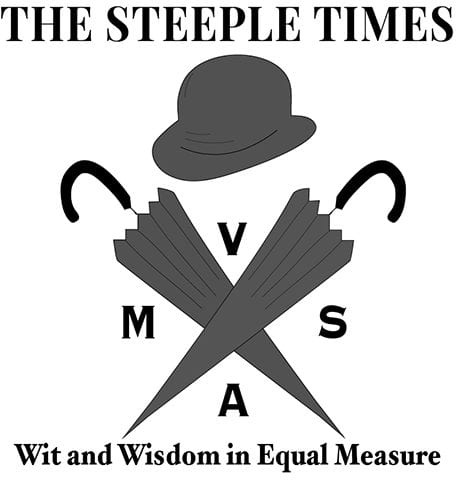David Lennox shares the little-known stories of what five famous footballers did next after retiring their pitch time prowess – amongst them everything from novel writing to forensic detective work
Top flight footballers often enjoy all kinds of bonuses – casa pariurilor bonus – after retiring their boots for a final time. Some end up owning bars and restaurants whilst many go down the career of becoming club managers.
Here we tell the tales of five of the more unlikely subsequent career paths taken by the famous faces of ‘the beautiful game’:
Eric Cantona
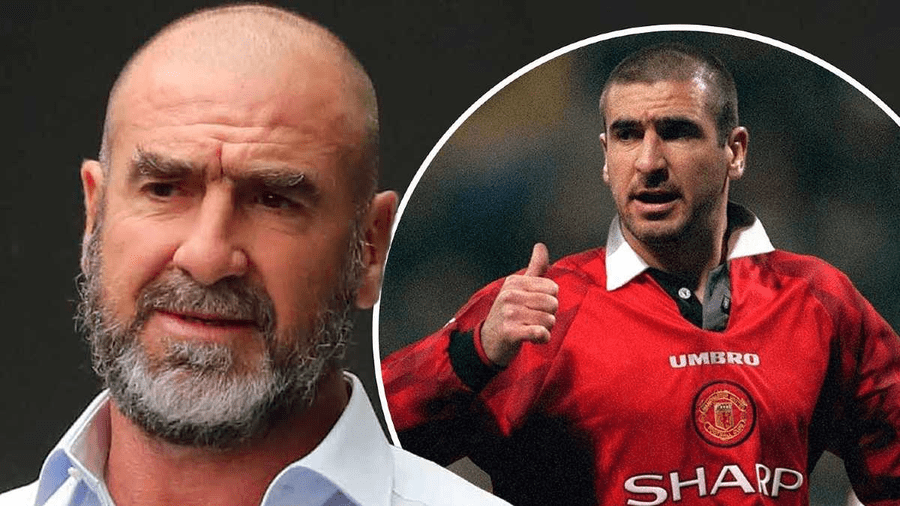
Man United legend Eric Cantona was described as an “enigmatic Frenchman” who was “one of the Premier League’s most controversial players ever” on induction to the English Football Hall of Fame in 2002.
Since retiring from the pitch, Cantona has become an actor – playing opposite Cate Blanchett and Sir John Gielgud in the 1998 film Elizabeth, in Looking for Eric in 2010 and as ‘The Stallion’ in the 2014 film You and the Night – but it is for his political protests and terrible temper that this twice married father of four is now more widely remembered.
At a press conference related to a criminal charge of assault against him in 1995, Cantona bizarrely remarked: “When the seagulls follow the trawler, it’s because they think sardines will be thrown into the sea. Thank you very much.” He was later fined and suspended from the French national team and sentenced to 120 hours of community service.
Sir Tom Finney CBE (1922 – 2014, AKA ‘The Preston Plumber’)
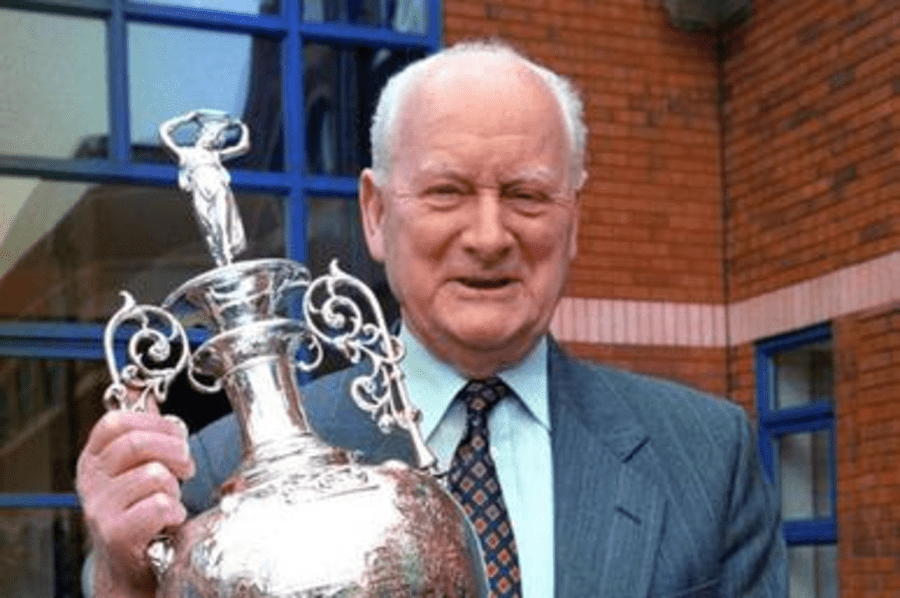
Widely considered one of the game’s greatest players, Sir Tom Finney had to wait until the age of 24 to make his professional debut for his hometown club, Preston North End, due to the disruption of the Second World War.
Retiring after 433 Football League, 40 FA Cup appearances and scoring 210 goals for the team and playing 76 times and scoring 30 goals for England in 1960, Sir Tom subsequently ran a “highly successful” plumbing business in the north west of England well into the 1990s.
Of him, fellow footballer and fellow businessman Dave Whelan later remarked: “He was and still is a total gentleman.” Tom Finney Plumbing Limited remains in business as of date.
Michael Owen
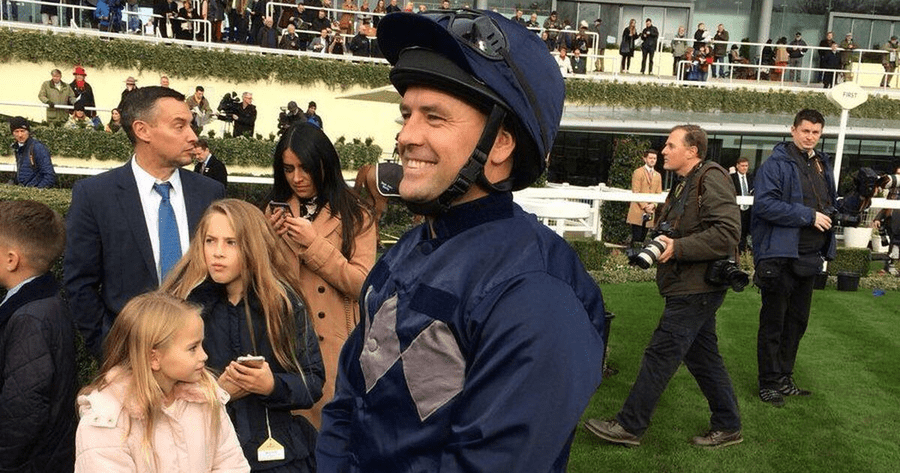
Liverpool, Real Madrid, Newcastle United, Manchester United and England striker Michael Owen morphed into an amateur jockey and came second on Calder Prince at Ascot in November 2017 in a charity race watched by the then Prince Charles. “I’m home in one piece and had the time of my life,” he commented and in the years since his involvement in the ‘Sport of Kings.’
Owen currently owns many racehorses and had a winner at Royal Ascot in 2011 and another in the Dubai Gold Cup in 2015. He is also the founder of the Michael Owen Racing Club – a club that he describes as giving “leasing of an ownership interest… without the risk of the high ongoing cost of owning your own horse.”
Terry Venables (AKA ‘El Tel’)
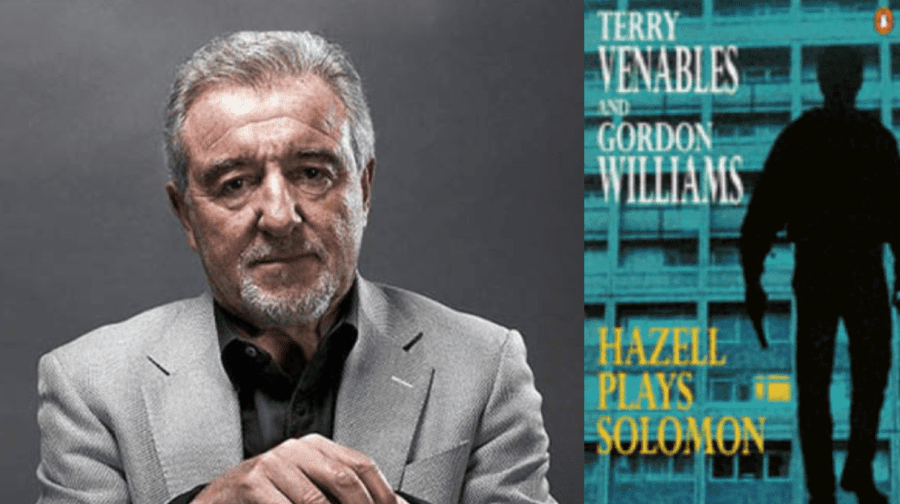
Best known as England’s manager between 1994 and 1996, prior to that Dagenham, Essex born Terry Venables played as a midfielder for clubs including Chelsea, Tottenham Hotspur and Queens Park Rangers in the 1960s and 1970. He was once also even hired to promote a hairnet-cum-wig for women wearing curlers named a ‘Thingummywig.’
In later years, this man of many talents went on to run a hotel in Penàguila in the Alicante region of Spain, but what Venables is less widely lauded for is having co-authored four novels with Gordon Williams under the joint pseudonym of P. B. Yuill. In due course the pair became co-creators of Hazell, a popular ITV detective series based on the books also. It counted the one-time girlfriend of Paul McCartney, Jane Asher, amongst its stars.
Somewhat ironically given controversies from his time in management, Venables gave the fictional James Hazell lines that included introducing himself as “the biggest bastard who ever pushed your bell-button.” His amusingly “sharp one-liners” included: “I’ve got a wad of cash ‘ere that could choke a washing machine.”
Arjan de Zeeuw
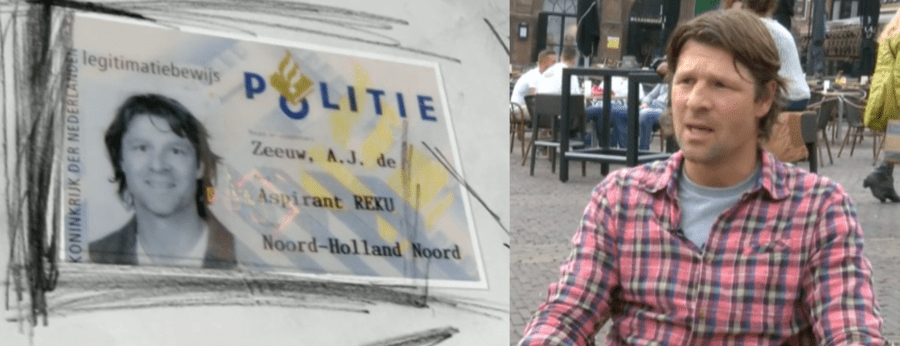
Dutch centre back Adrianus de Zeeuw played for British clubs including Barnsley, Wigan Athletic, Coventry City and Portsmouth between 1996 and 2008.
In April 2014, he told BBC Sport: “I was looking at something else other than football… I thought I needed to look at the world a bit more, so I tried to get back into my medical studies and then bumped into this friend of mine who was a detective in Alkmaar [the Netherlands] where we are now.” By then he had become a forensic detective specialising in amongst other things murder and sex crimes and even joined his colleagues to play in the police force’s national team.
De Zeeuw enthused: “I’m trying to make the world a better place, a more equal place… It’s challenging; like football, it’s a team effort.”









